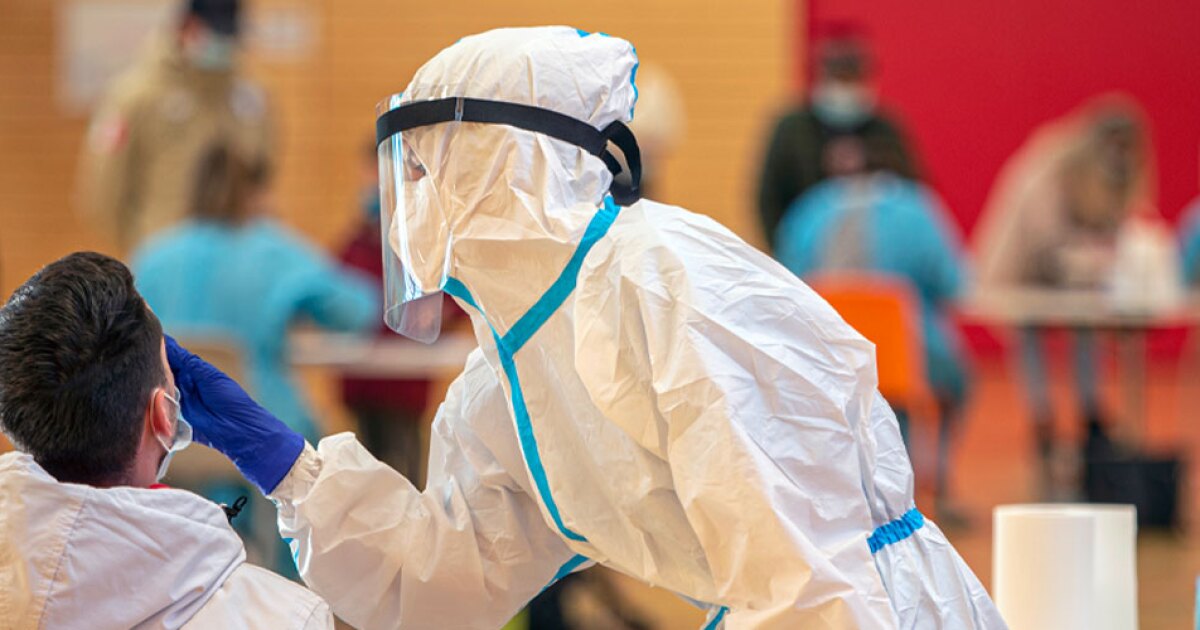When health emergencies strike—whether from infectious disease outbreaks, natural disasters, or humanitarian crises—the World Health Organisation (WHO) stands at the forefront of global response efforts. As the health lead for the United Nations, the WHO plays a critical role in coordinating international health action, supporting countries in building emergency preparedness capacities, and providing life-saving interventions to affected populations.
The organisation’s Health Emergencies Programme, established in 2016, represents a comprehensive approach to emergency management that spans prevention, preparedness, response, and recovery. With the world facing an unprecedented number of health crises—from climate-related disasters to conflict-driven humanitarian emergencies—WHO’s role has become more vital than ever in protecting global health security and ensuring no one is left behind during times of crisis.
WHO’s Health Emergencies Programme: A Comprehensive Framework
The WHO Health Emergencies Programme (WHE) serves as the organisation’s primary mechanism for managing health crises worldwide. This programme operates across the full spectrum of emergency management, focusing on two overarching areas: health preparedness and health response.
The programme works with all countries and partners to ensure the world is better prepared for all-hazards health emergencies that threaten global health security. This includes supporting countries to build core public health and health system capacities that reduce health risks and consequences of various emergencies, from infectious diseases to chemical incidents and climate-related threats.
Core Functions and Responsibilities
WHO’s emergency response operates through an Incident Management System (IMS), which describes six critical functions for effective emergency management:
-
Leadership – Providing strategic direction and decision-making
-
Partner coordination – Managing relationships with international organizations and NGOs
-
Information and planning – Conducting risk assessments and developing response strategies
-
Health operations and technical expertise – Delivering specialized medical knowledge and interventions
-
Operations support and logistics – Ensuring supply chain management and resource deployment
-
Finance and Administration – Managing funding and administrative requirements
The organization commits to undertaking timely, independent risk assessments, deploying expert staff and resources early in emergencies, and establishing clear management structures for coordinated response efforts.
Global Coordination and Partnership Networks

As the Health Cluster Lead for emergencies, WHO coordinates humanitarian health action through partnerships with UN agencies, international organizations, and over 900 operational partners. The organization leads the Inter-Agency Standing Committee (IASC) Global Health Cluster, ensuring collaborative efforts across the humanitarian community.
WHO’s response capabilities are enhanced through specialized networks including the Global Outbreak Alert and Response Network (GOARN), Emergency Medical Teams initiative, and Standby Partnership Programme. These partnerships enable the rapid deployment of qualified medical teams and specialists to emergency settings worldwide.
Emergency Response in Action
In 2023, WHO responded to 72 health emergencies, including 19 grade-3 emergencies requiring the highest level of organizational activation. The organization’s response encompasses multiple critical areas:
Disease Outbreak Management: WHO monitors new and ongoing public health events, assesses risks and coordinates international response to prevent local outbreaks from becoming global pandemics.
Humanitarian Health Support: In conflict-affected and vulnerable settings, WHO provides essential health services, coordinates vaccination campaigns, treats malnutrition, and offers mental health support to trauma-affected populations.
Emergency Preparedness: The organization supports countries in developing national action plans for health security (NAPHS) and strengthening core capacities outlined in the International Health Regulations.
Funding and Resource Mobilization
WHO’s emergency work requires substantial financial resources to maintain global readiness and response capabilities. The organization’s 2025 Health Emergency Appeal calls for $1.5 billion to support life-saving health interventions worldwide, addressing four key challenges: climate change, conflict, displacement, and disease outbreaks. This funding supports WHO’s commitment to delivering emergency health assistance in the world’s most challenging environments, including conflict zones and areas affected by natural disasters.
The World Health Organization’s role in health emergencies represents a critical pillar of global health security. Through its comprehensive Health Emergencies Programme, WHO provides essential leadership, coordination, and technical expertise that saves lives and protects vulnerable populations during crises. As health emergencies become more frequent and complex, WHO’s continued evolution and strengthening of emergency response capabilities remain fundamental to building a more resilient and prepared world.

